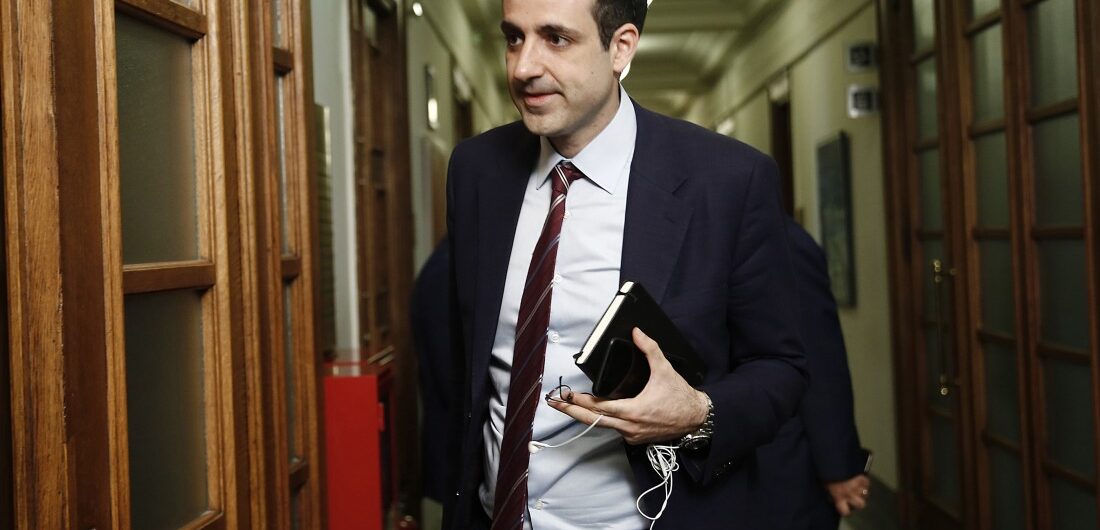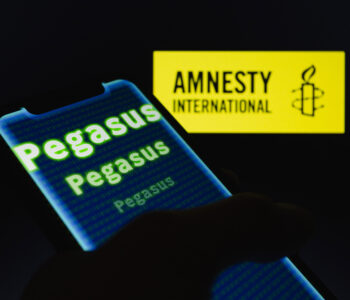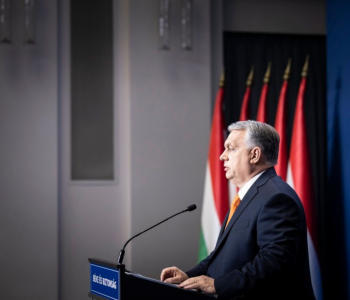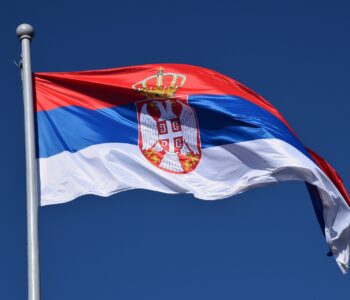 Library
Library
Greece: Investigative media win latest victory in spyware SLAPP…
Greece: Investigative media win latest victory in spyware SLAPP ruling
IPI stands behind Reporters United and Efimerida ton Syntakton. The International Press Institute (IPI) today joins partners of the Media Freedom Rapid Response (MFFR) in welcoming the recent ruling by a court in Athens which overwhelmingly dismissed the vexatious lawsuits against journalists from two Greek media outlets over their investigative reporting on the connections of the nephew of the country’s Prime Minister to a spyware scandal.
22.04.2025
On 8 April, the Multi Member Court of First Instance of Athens ruled in favour of journalists Nikolas Leontopoulos, Thodoris Chondrogiannos and Christoforos Kasdaglis from investigative media outlet Reporters United and reporter Dimitris Terzis of newspaper Efimerida ton Syntakton (EfSyn), concluding that their reporting on Grigoris Dimitriadis and his connection to a spyware scandal had been accurate.
The reporting revealed how Dimitriadis’ phone number had been used to target 11 individuals with spyware hacks. At the time, Dimitriadis was serving as the Secretary General of the PM’s Office and was responsible for overseeing the Greek National Intelligence Service (EYP). The spyware targets had included the head of the Greek Police and the prosecutor of the EYP. The reporting did not suggest Dimitriadis was responsible for the hacking, only that his phone number had been used.
Dimitriadis had demanded exorbitant fees of €950,0000 in compensation. In its ruling, the court dismissed the allegations and ordered him to pay legal costs of €4,750. It did not identify a single defamatory or objectionable element in the articles. The court did rule that a single headline by EfSyn in its newspaper article constituted simple defamation and ordered the media outlet to pay €3,000 in damages and €450 for legal costs. After the verdict, Dimitriadis claimed he had been “vindicated” and claimed the media outlets had spread “fake news”. EfSyn said it plans to appeal that verdict.
The MFRR welcomes the ruling, which found the reporting itself to have been 100% accurate. However, we note with concern the singular ruling against EfSyn and hope this will be swiftly overturned on appeal. These lawsuits were widely considered to be SLAPPs, a form of abusive litigation aimed at suppressing legitimate public interest reporting. In October 2021, Dimitriadis was awarded the satirical ‘SLAPP Politician of the Year Award’ 2022 by the Coalition Against SLAPPs in Europe (CASE). In its latest verdict, the court did not rule on whether the lawsuits were SLAPPs, which are not recognised under Greek law.
Our organisations, which provided financial support to Reporters United for legal fees through our MFRR Legal Support Fund, will continue to defend independent investigative journalism in Greece. As noted in our 2023 report following a mission to Athens, SLAPPs and abusive lawsuits pose an increasing threat to media freedom in Greece.
This case underscores the need for the swift implementation by Greek authorities of the EU’s April 2024 Anti-SLAPP Directive, and to ensure Its provisions to protect journalists against vexatious lawsuits also apply to domestic cases. We note that the European Commission’s 2022 Recommendation on SLAPPs also calls on Member States to combine the directive with reforms to civil and criminal law to protect against abusive proceedings against journalists – another reform greatly needed in Greece.
We note with concern that Dimitriadis has appealed a previous verdict from October 2024 which dismissed separate lawsuits against Reporters United, EfSyn and reporters Nikolas Leontopoulos, Thodoris Chondrogiannos and Thanasis Koukakis. The appeal will now be heard in October 2025. As the legal cases continue, our organisations will continue to closely monitor the situation and advocate for stronger laws to protect media and journalists in Greece from SLAPPs.
The reporting by Reporters United and EfSyn was part of the Predator Files investigation, published as a collaboration by international media including Der Spiegel, Mediapart, Le Soir, Domani and InfoLibre. The reporting can be accessed here.
If you are a media outlet in an EU Member State or Candidate Country which is facing a SLAPP, you can apply for MFRR legal aid here.
This statement was coordinated by IPI as part of the Media Freedom Rapid Response (MFRR), a Europe-wide mechanism which tracks, monitors and responds to violations of press and media freedom in EU Member States and Candidate Countries.











